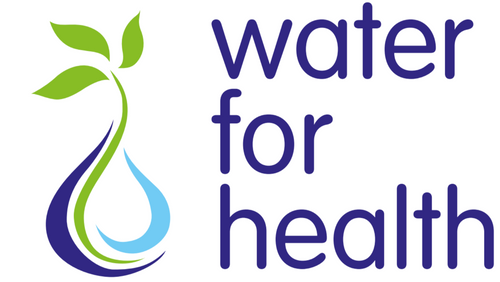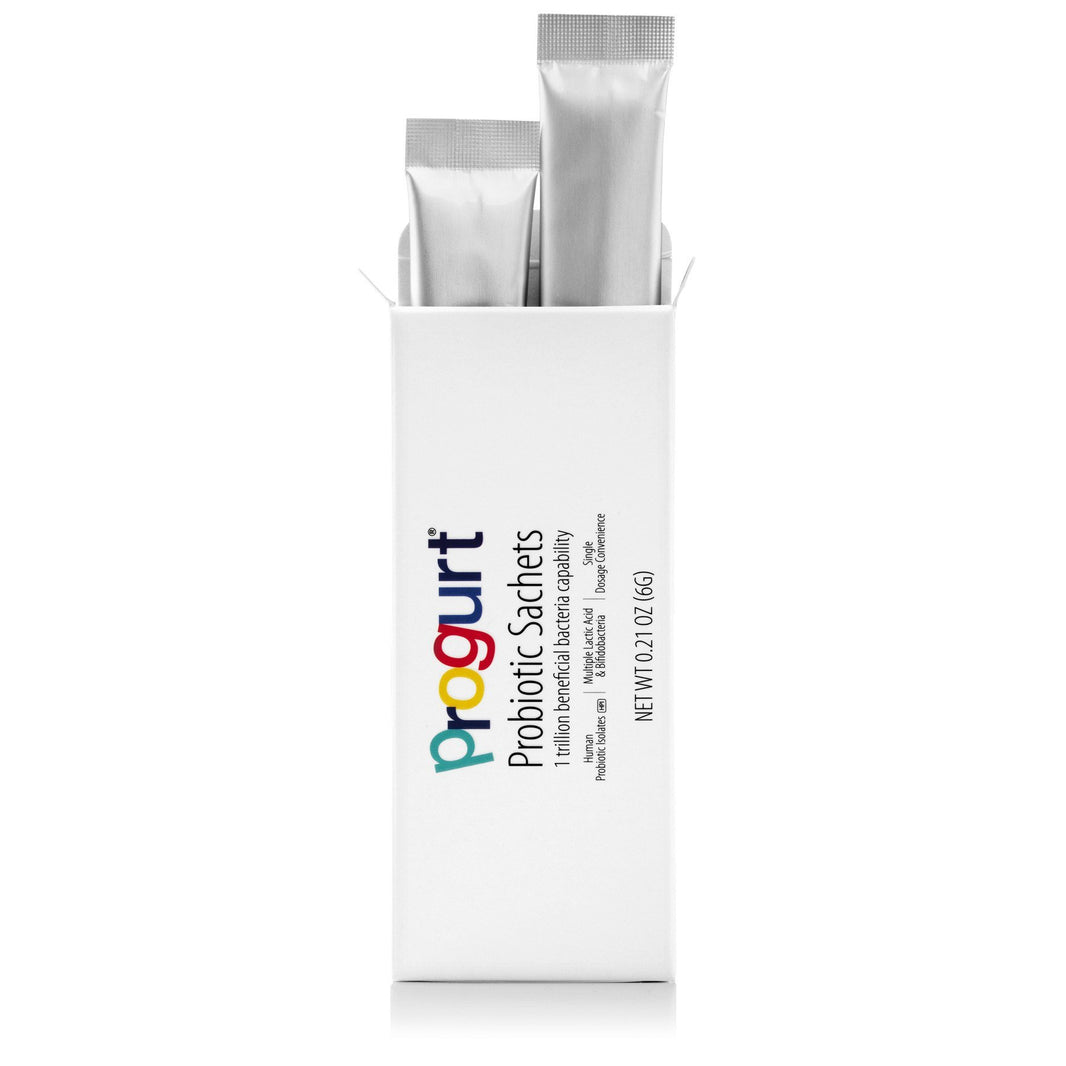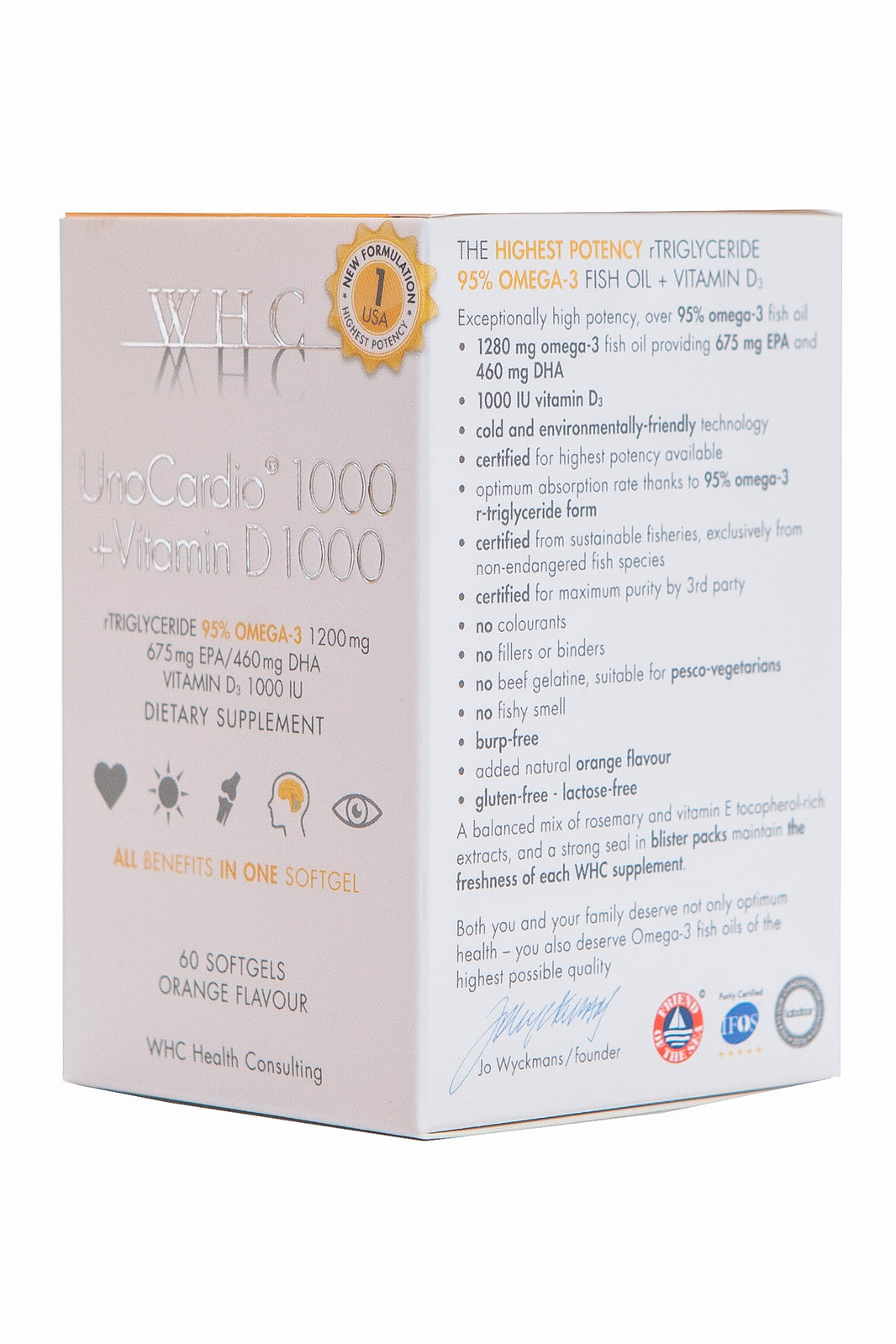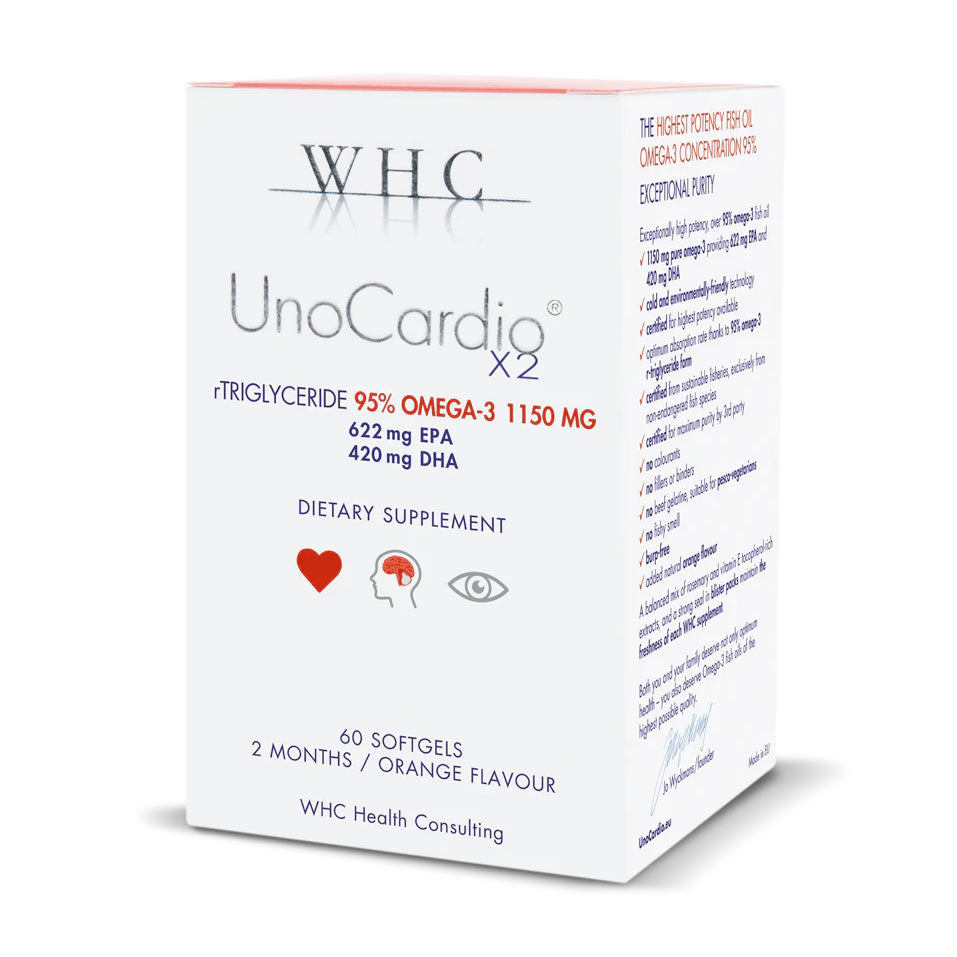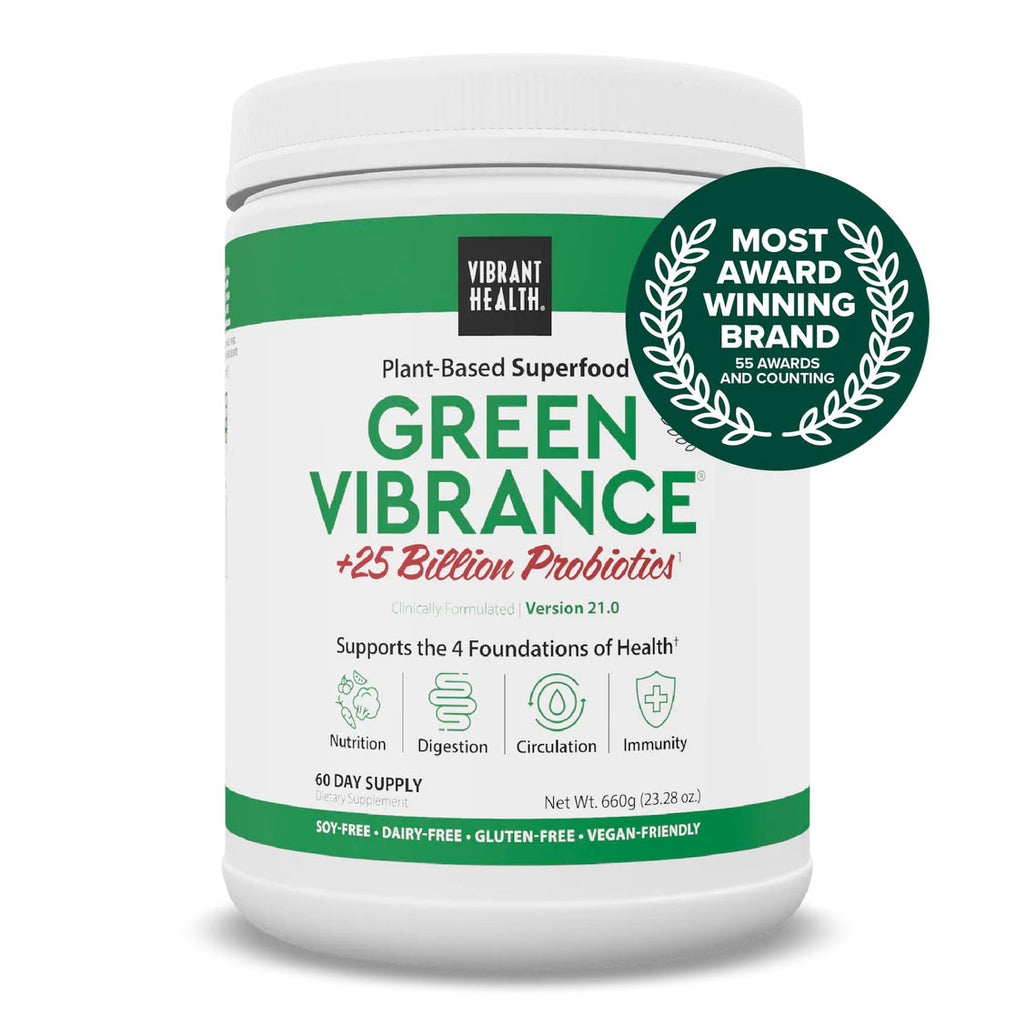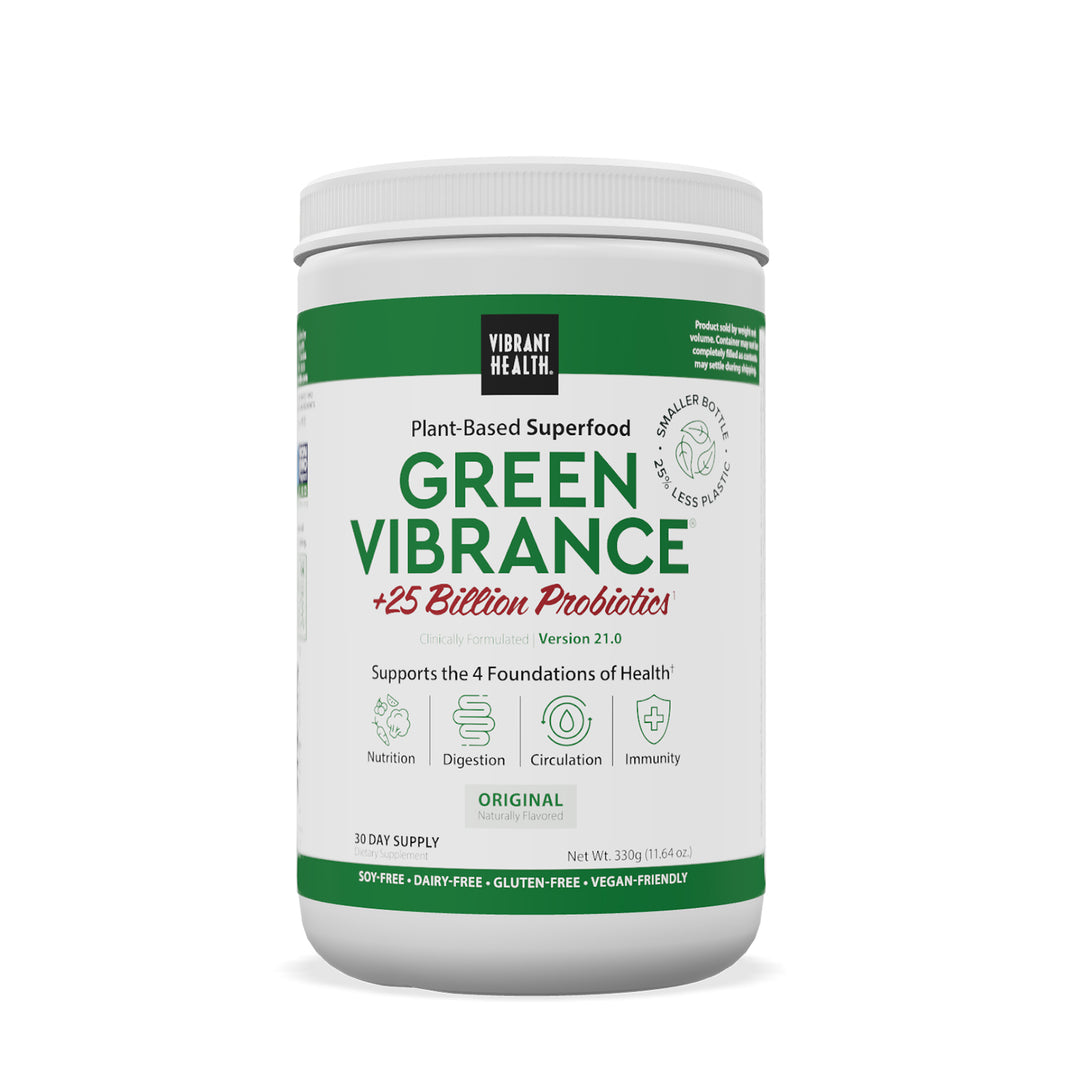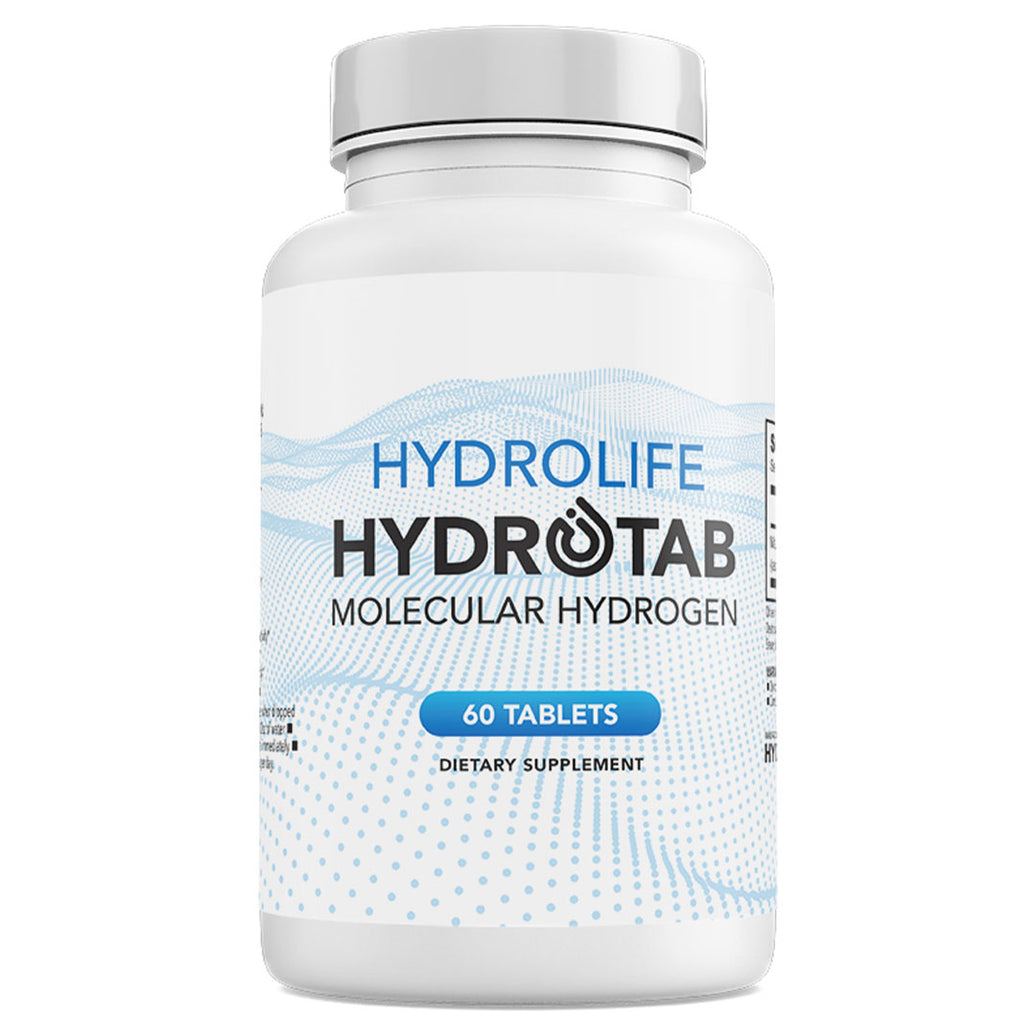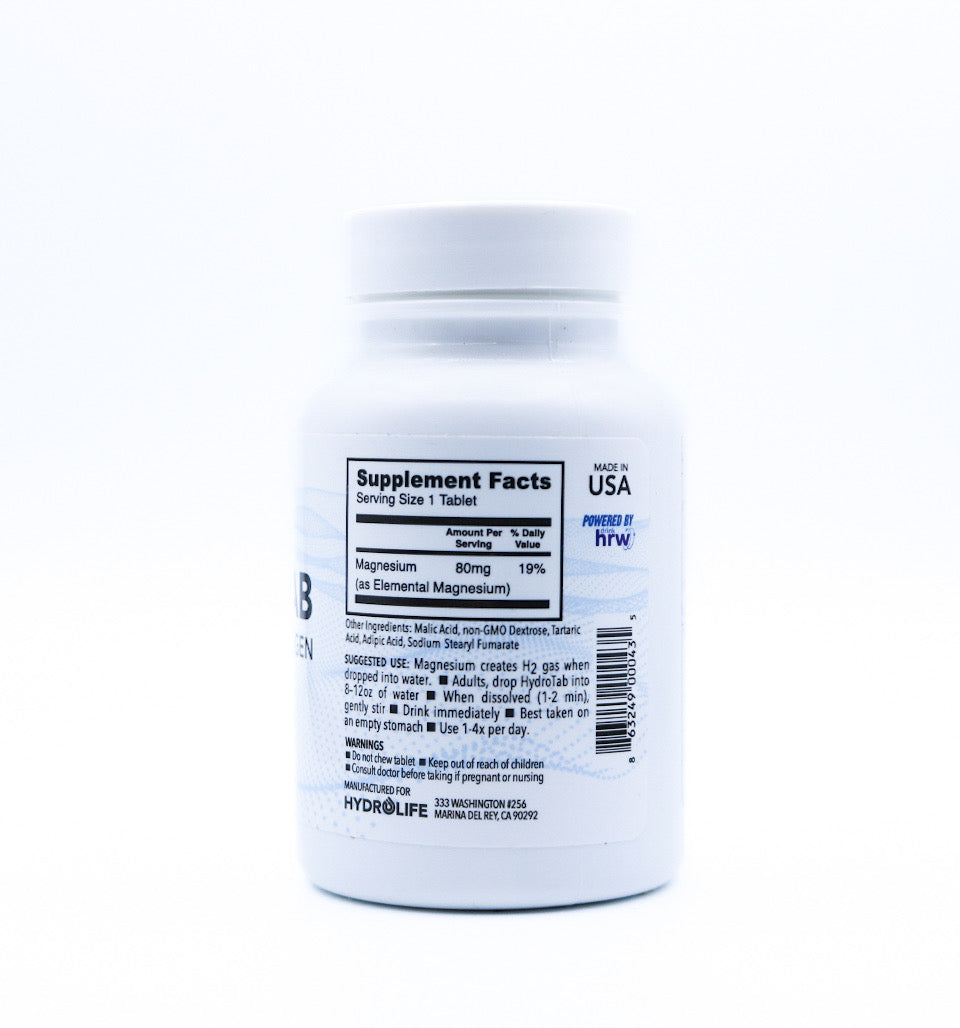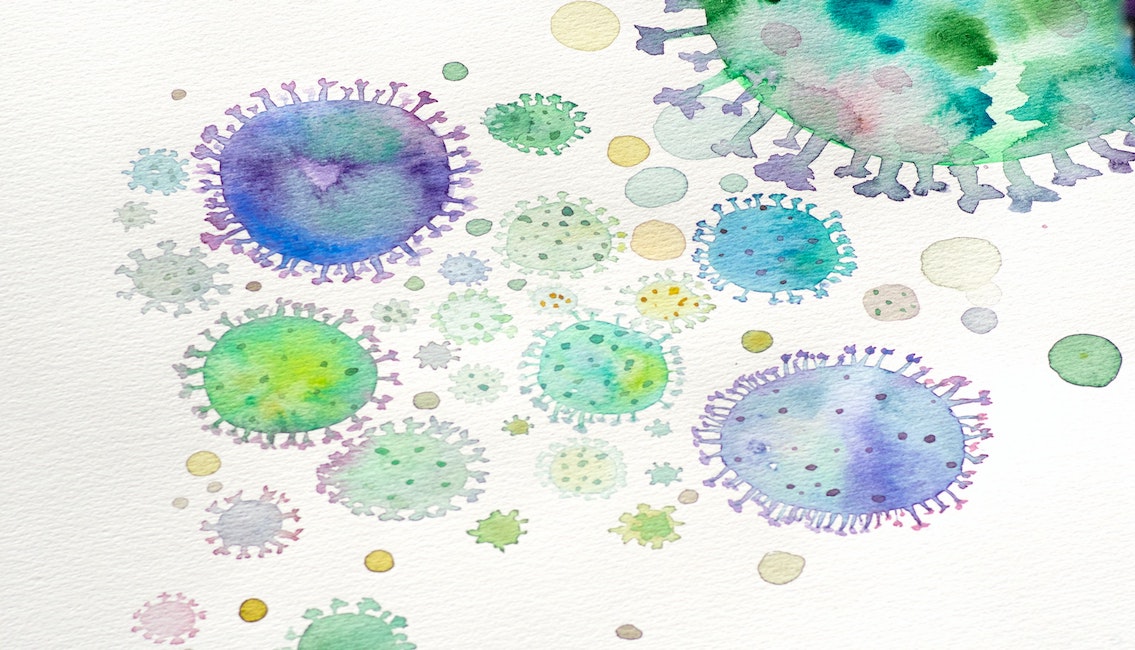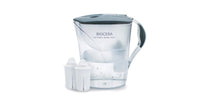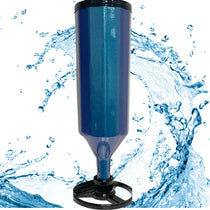Spring has sprung, and a long-awaited summer is almost here.
But for some of us, this means hay fever season is upon us.
If you suffer from seasonal allergies, your symptoms can range from mild to downright unpleasant, meaning this is a time of year you dread.
Aside from taking conventional antihistamines, corticosteroids and decongestants, which can make you feel drowsy and carry other unwanted side effects, it is possible to manage your symptoms naturally.
We've listed some natural approaches for you to try that can help you get through it more easily in the short term.
There are also more foundational, long-term solutions to help you through this hay fever season and beyond, like addressing gut health.
-
What is hay fever?
By now, some of you may already be suffering from the hideous symptoms associated with seasonal allergies. Perhaps you suffer from other allergies too, or a condition such as asthma.
Histamine is a compound that is released as part of an immune response. It's designed to protect us from foreign invaders like injury, infection or allergens.
When a trauma like this occurs, local mast cells release histamine to increase blood vessel permeability, allowing protective substances to fight the invader and heal injured tissues.
Hay fever (seasonal allergic rhinitis) happens when your immune system overreacts to harmless substances, in this case, the release of pollens from trees, grasses and flowers.
Due to this overreaction, histamine becomes an antagonist. Its excessive production leads to increased inflammation and localised symptoms where your sinuses swell, your nose becomes stuffy and runny, and you get watery itchy eyes.
The season typically runs from March to September, when the pollen count is higher. There are many different types of pollen, and not every person is allergic to the same ones.
Hay fever is often experienced from a young age but can affect you at any time of life. If you develop hay fever or other allergies later in life, it could indicate that your gut health is compromised.
If you suffer from hay fever, you may also have other allergies you experience year-round that also express themselves as allergic rhinitis.
Other common allergens include mould, dust and pet dander. Hay fever and allergic rhinitis symptoms include:
- Itchy, watery eyes
- Catarrh
- Sneezing
- A runny or stuffy nose
- Itchy sinuses, throat and ear canals
- Postnasal discharge
- Congestion
- Poor sleep and tiredness
- Poor concentration and focus
- Irritability
- You may also experience hives symptoms, accompanied by skin flushing, ear infections, eczema, asthma, food intolerances, and other allergies.
Without further ado, here are 7 natural solutions for hay fever and allergic rhinitis.
1) Clean up your diet
If you are intolerant or sensitive to any foods, avoid them. They will take a toll on your immune system and increase inflammation, making you more susceptible to other allergies like hay fever. Food allergies will also exacerbate any gut health issues, which can contribute to allergies in general.
At the same time, boost your diet with foods that support immunity. Eat a varied, balanced and natural diet, free from processed, refined and junk foods.
Eat lots of brightly coloured vegetables and fruits that provide antioxidants and have anti-inflammatory properties.
Prioritise plenty of healthy protein and healthy fats, and stick to complex rather than simple, refined carbohydrates.
Reduce your sugar and alcohol intake, and be sure to drink plenty of water! You might also like to try eating honey containing local pollen that may help to relieve your symptoms.
Green Vibrance powder can increase your daily vegetable intake. It's rich in anti-inflammatory and antioxidant nutrients and contains 25 billion probiotics from 12 strains.
2) Support your gut health
70 to 80% of your immune system stems from your gut, and allergies can often be a sign of compromised gut health.
Conditions like dysbiosis (an imbalance of your gut flora) and leaky gut can lead to allergies and systemic inflammation.
Some studies suggest that dysbiosis in early life can lead to allergies, and evidence points towards dysbiosis in infancy, causing allergic rhinitis and asthma in early childhood.
A leaky gut allows food and other toxic particles to escape into your bloodstream where they don't belong, so your immune system goes into overdrive, creating inflammation throughout your body. This can manifest as an inflammatory reaction every time you eat particular foods. It can also cause various other inflammatory conditions, including hay fever and other allergies.
Diamine oxidase (DAO) is an enzyme that breaks down excess histamine in your body. It's primarily produced in your intestines, so if your gut is inflamed or damaged, it can cause a decrease in DAO production. Less DAO equals a build-up in histamine.
To support your gut health:
- Take a daily probiotic with many beneficial bacteria (at least in the billions) to help balance your gut flora, decrease inflammation and strengthen immunity. Although research is still relatively new in this area, some studies have shown probiotics to be beneficial for preventing and treating allergies.
- Remove foods you are sensitive to and other inflammatory foods from your diet.
- Eat a natural, varied and balanced diet (see above).
- Steer clear of histamine foods such as fermented foods, cured meats, vinegar, canned fish, legumes, spinach, alcohol, packaged meals, additives, preservatives, aged cheese, bananas, chocolate, citrus fruit and some nuts.
- It's also worth noting that some of the symptoms of histamine intolerance can mimic those of hay fever and allergic rhinitis caused by other allergens. Related: 10 Kitchen Habits That Are Damaging Your Gut Health
3) Look after your stress levels
Stress can trigger hay fever and allergy flare-ups, so you must manage it as effectively as possible.
Finding the time to do things you enjoy, practising deep breathing, meditation, journaling, exercise, spending time in nature, being in good company, and getting enough sleep can help you relieve stress.
-
4) Eat quercetin-rich foods
Some nutrients are capable of significantly alleviating seasonal allergies.
One of note is quercetin, a bioflavonoid with potent antioxidant, anti-inflammatory properties. Some research shows it to have anti-allergic, antihistamine properties.
Quercetin-rich foods include red apples, grapes, berries, cherries, red and white onions, broccoli, kale, red leaf lettuce, peppers, green and black tea, kale, tomatoes, Brussels sprouts, cabbage, asparagus, buckwheat, peppers, and nuts.
You may also wish to try taking a supplement – but seek the advice of a health professional beforehand to ensure the correct dosage and check it doesn't interfere with any medication.
5) Take spirulina
Spirulina is a blue-green alga that's highly nutritious and a powerful antioxidant. It has an anti-inflammatory effect and can inhibit histamine release from mast cells. It may also potentially improve allergic rhinitis, alleviating symptoms of nasal discharge and congestion, sneezing and itching.
pHresh Greens is an organic raw green food supplement that combines alkalising grasses with a range of beneficial green vegetables and algae. One daily serving contains 445mg of spirulina, and it also provides 193mg of chlorella, which may also have anti-inflammatory qualities, inhibiting hyper-responsive histamine release.
6) Consume plenty of anti-inflammatory herbs and spices
To help reduce histamine production and relieve inflammation and nasal swelling, add anti-inflammatory herbs and spices to recipes whenever you get the opportunity.
You can also drink some of them as tea. For example, early studies are promising for ginger and curcumin (the active ingredient in turmeric) to relieve the symptoms of allergic rhinitis. Peppermint and liquorice can help to relieve sinus congestion, while thyme, parsley and nettles are high in vitamin C which has antihistamine properties.
7) Eat antioxidant-rich foods
Antioxidants protect against inflammation. For example, strawberries contain an impressive antioxidant called fisetin. Some research shows its ability to calm the allergic airway inflammation associated with hay fever and allergic rhinitis. You can find fisetin in strawberries.
To increase your antioxidant intake in general, eat lots of brightly coloured fruits and vegetables.
Related: The Power of Antioxidants
Conclusion
Aside from taking conventional antihistamines, corticosteroids and decongestants, which can make you feel drowsy and carry other unwanted side effects, it is possible to manage your symptoms naturally.
These are just some of the ways you can naturally manage hay fever and allergic rhinitis.
Depending on your current health status, things like cleaning up your diet, fixing your gut health, and working on your stress levels can provide more long-term solutions.
Certain supplements and foods can relieve symptoms while you are suffering while also helping to strengthen immunity in general.
It's important to note that your allergies don't have to stay with you. Seeing a health practitioner of choice, such as a nutritional therapist, naturopath, or functional medicine practitioner, could free you from this blight. Some research has also shown success using homeopathy and acupuncture.
- Written by Rebecca Rychlik, Nutritional Therapist and Homeopath. Follow Rebecca on Instagram, Facebook and Medium, @rebeccabitesback.
- Water for Health Ltd began trading in 2007 with the goal of positively affecting the lives of many. We still retain that mission because we believe that proper hydration and nutrition can make a massive difference to people’s health and quality of life. Click here to find out more.

